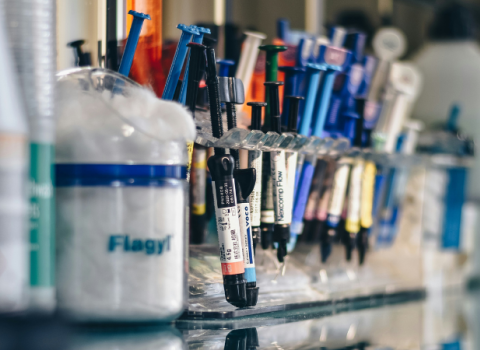In a separate agreement Paris-based Cellectis also licensed rights to use iPS cells to develop cell lines for drug screening.
Cellectis is the first company to get rights from iPS Academia Japan, the company set up in 2008 to commercialise Yamanaka’s invention, to use iPS cells for human therapeutics.Yamanaka and his colleagues caused a stir in 2006 when they first described their process for reprogramming adult skin cells so that they become pluripotent, and are then able to be differentiated into any cell type in the body. This breakthrough has provided the scientific community with the tools to generate an endless source of stem cells and freed them from the ethical constraints surrounding the use of embryonic cells. It has also made it much easier to develop cell lines that model particular diseases.
Now Cellectis, a spin-out from the Institut Pasteur, plans to use its genome engineering technology to modify cells derived from iPS cells, and derive consistent lines for use both in drug screening and as therapeutics.“These agreements provide Cellectis with a powerful combination of innovative technologies to deliver robust and high value products,” said David Sourdive, Executive Vice President, Corporate Development for Cellectis. “This could potentially lead to the development of important new products in the field of human healthcare.”





 A unique international forum for public research organisations and companies to connect their external engagement with strategic interests around their R&D system.
A unique international forum for public research organisations and companies to connect their external engagement with strategic interests around their R&D system.